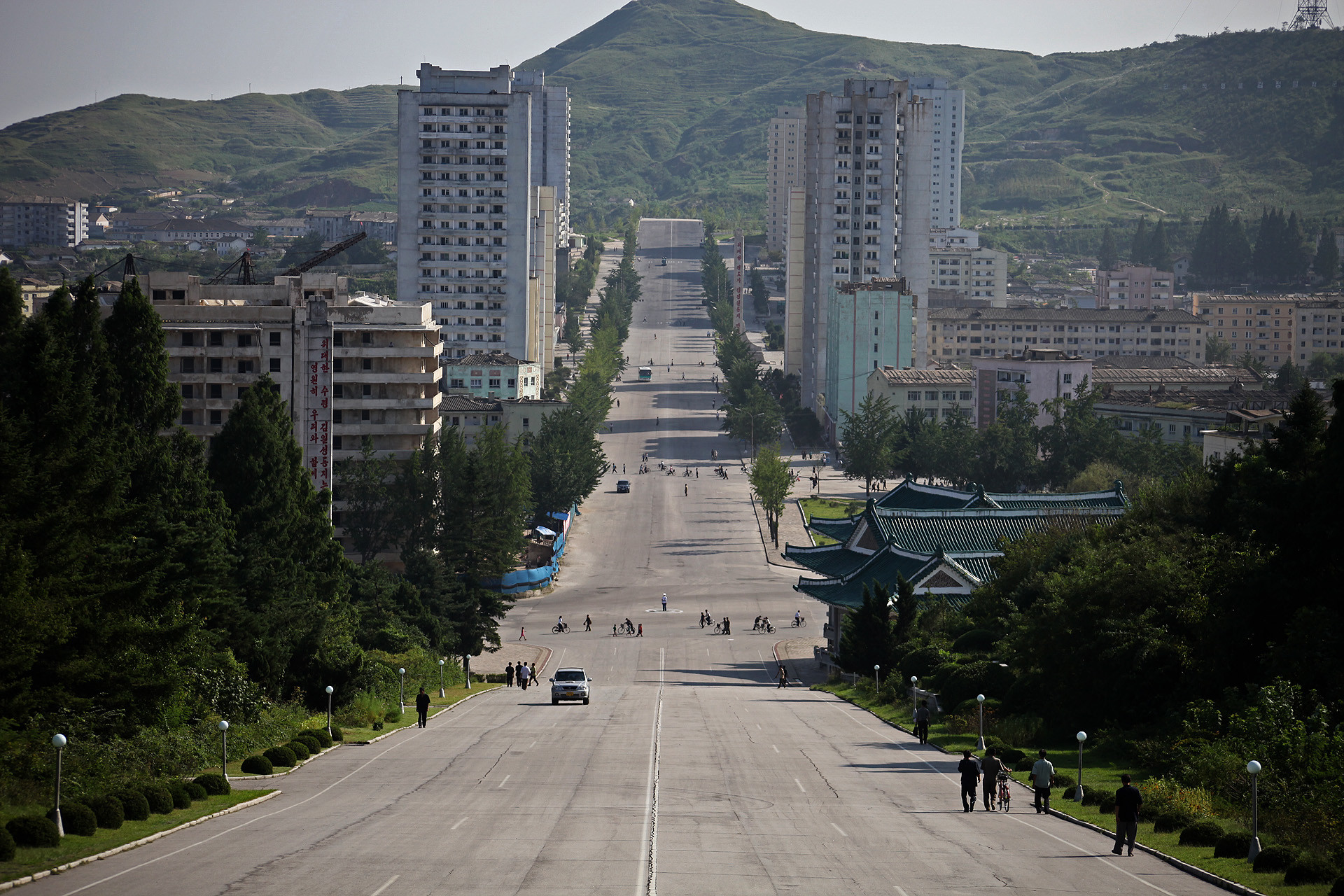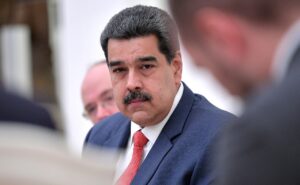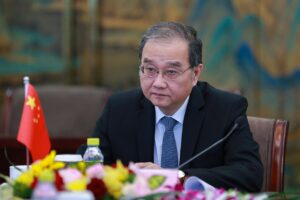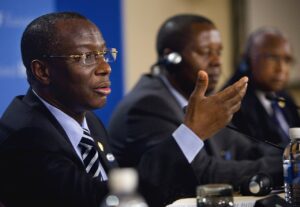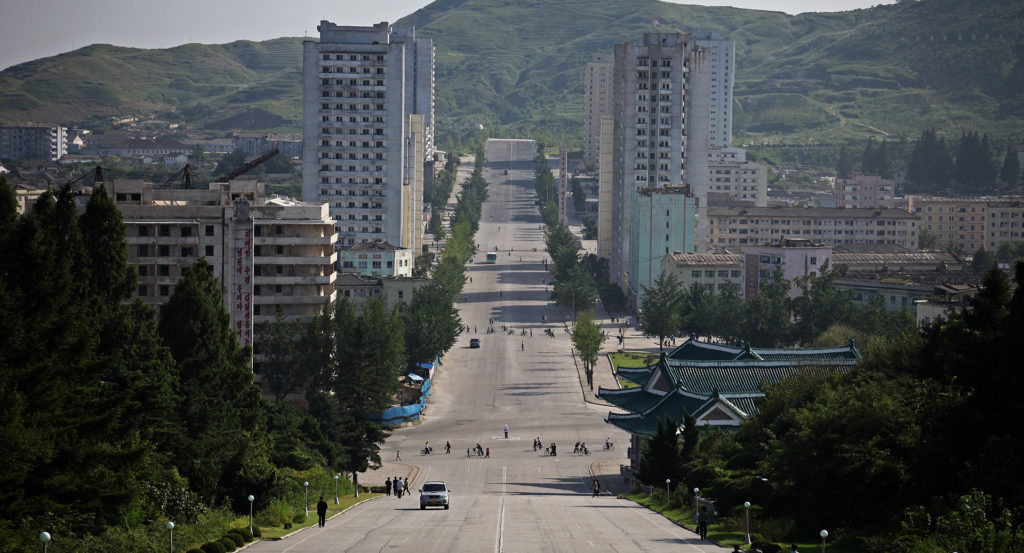
The Stimson Center’s East Asia Program organized a private virtual dialogue among experts from the U.S., Europe, China, and South Korea on developments on the Korean peninsula and the impact of COVID-19 on peace and security. The diverse perspectives contributed by the experts culminated in four key takeaways. These takeaways have direct implications for the current state of denuclearization and the effects of globally disruptive events on the future of the Korean Peninsula.
1. COVID-19 has pulled attention away from and prolonged the stalemate.
The outbreak of COVID-19 struck at a time when negotiations on North Korea had already stalled, and the pandemic has prolonged that stalemate for the foreseeable future. Beginning in January, government reactions to the virus have drawn the attention and capacity of all interested parties away from resuming talks, which have seen little progress since the October 2019 Stockholm talks. Pyongyang has faced challenges with its healthcare system and need for personal protective equipment, as well as economic woes from its closure of the Chinese border in January. Washington has been overwhelmed with addressing its own response to COVID-19. And South Korea faces challenges with its upcoming national assembly elections and the risk of ushering in a second wave. On top of these challenges, the key sticking points on all sides remain. Little progress is expected to be made while governments and civil society’s capacity is constrained by the pandemic.
2. North Korea’s top demand, sanctions relief during the pandemic, is unacceptable to the U.S. and ROK.
North Korea first and foremost wants a temporary lifting of sanctions due to the dire impact of COVID-19 on the North Korean economy. This demand aligns with Pyongyang’s longstanding position against sanctions, and Pyongyang sees the pandemic as an opportunity to appeal to the international community. Nevertheless, the U.S. and allies have no motivation to lift the sanctions. In the U.S.’s calculation, the sanctions are working, precisely for the reason that North Korea’s economy is suffering. The Trump administration believes that since it was North Korea’s nuclear program that initially prompted the sanctions, a lifting of sanctions, even temporary, due to situational changes without changes to the initial nuclear issues is not warranted. In the past four months, the maximum pressure approach has in fact worked well in inflicting economic pain on North Korea—not by design but by default. For the Moon administration, strong opposition to close engagement with the North makes assistance—even humanitarian assistance not subject to sanctions—politically dangerous. To date, Seoul has abstained from direct humanitarian assistance, monitoring assistance given by civil society organizations instead.
3. Politicization of the pandemic response will further prolong the stalemate at the expense of disease control and humanitarianism.
It is important to not politicize humanitarian assistance. Even implying that assistance will be provided in exchange for North Korea reentering negotiations or making concessions will lead to North Korean rejection of such aid. Assistance as a part of a global public health campaign will not hurt North Korea’s pride, but expectations of North Korea to make concessions on the nuclear or political fronts will exacerbate the stalemate. Lifting sanctions will also constitute politicization. To mitigate COVID-19’s prolonging of the stalemate, key points of negotiation such as sanctions must remain separate from the pandemic response.
4. North Korea’s next priority is to reopen the border and prevent destabilizing crop shortages.
The closed North Korea-China border has hurt economic activities dependent on commodities from China, and North Korea’s agricultural production is severely at risk due to the restricted trade. In recent months, Chinese shipment of fertilizer to North Korea has dropped to zero due to the border closure, which will have a direct impact over North Korea’s fall harvest this year. This threat to North Korea’s food supply could be seriously destabilizing on the Peninsula. Reopening roads and railways is crucially important for North Korea. Importing sufficient fertilizer and other agricultural goods in time for the main growing season remains a key challenge.
5. The prospect for resumed U.S.-North Korea dialogues is not an issue of lack of a channel but an issue of political will. South Korea’s reputational challenges harm its future potential to facilitate discussion between the U.S. and North Korea.
The Trump administration currently has no bandwidth to spare on North Korea due to preoccupation with the U.S. election and pandemic. North Korea and the U.S. continue to disagree on the trajectory of further negotiations. The fact that multiple channels, including the New York channel, exist for working-level or other discussions and yet the stalemate continues illustrates the incompatible political interests of the two sides.
The April 15 South Korean elections may influence the prospect of resumed dialogues. If Moon’s supporters gain a majority in the National Assembly and the COVID-19 curve is sufficiently flattened, Moon may consider engaging directly with North Korea on COVID-19 assistance in a way that creates confidence-building mechanisms and restarts some form of inter-Korean dialogue. Nevertheless, both North Korea and the U.S. remain skeptical of Moon’s credibility to promote U.S.-North Korea and inter-Korean dialogue due to previous failures to deliver on ambitious attempts. Instead, most important to the resumption of talks will be the reconciliation of the U.S. and North Korea’s lack of political will to come to the table.

